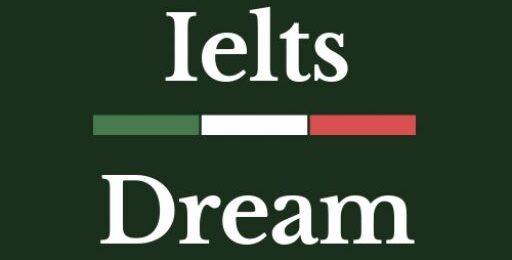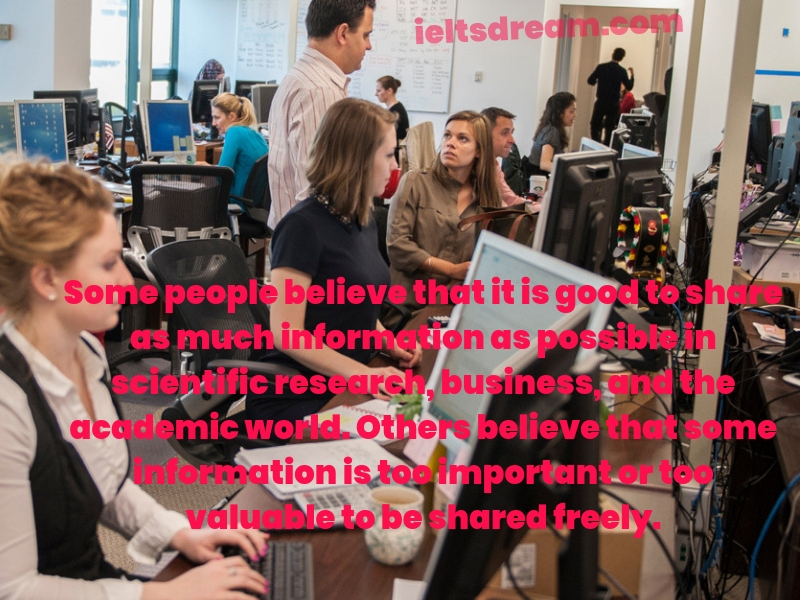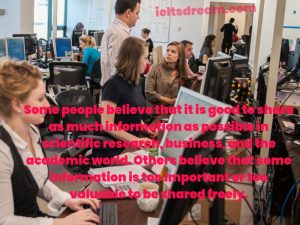Some people believe that it is good to share as much information as possible in scientific research, business, and the academic world. Others believe that some information is too important or too valuable to be shared freely.
In recent years, technical researches and allied fields have been plagued by information overload or in some cases lack of it. while information sharing remains largely a debatable topic, I firmly believe that knowledge exchange must be promoted as much as possible.
On one hand, it is noticed that if the information is withheld, it sometimes leads to inaccurate speculation. If scholastic reports are restricted to the finders then, it leads to a closed environment where further growth is not possible as it is limited. A classic case in point is that of software giant Apple in the late nineties which held a monopoly over the personal computers and refused collaboration with other software vendors. consequently, It was deemed incompatible with newer hardware and latest iPhone is a shell of the blazing innovation that once dominated its products.
On the other hand, if the information is dispersed evenly through the right channels it promotes a healthy culture of dialogue exchange. This allows ideas to be freely exchanged and leads to the betterment of the invention. This is ably illustrated by It Goliath Microsoft, which is now welcoming open source into its fold. It has seen 78% jump in its shares ever since it has incorporated open source software like Xamarin, ReSharper and many others with its product offerings. As a result, the shareholders trust the board of directors with any venture Microsoft wishes to undertake.
To conclude, information censorship may mar the best of innovations in scientific and business fields, giving rise to a narrow-minded approach that may not allow nurturing of ideas. Whereas, data sharing gives way to free amalgamation of newer ideas.



Leave a Reply